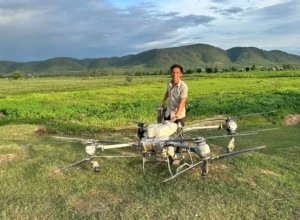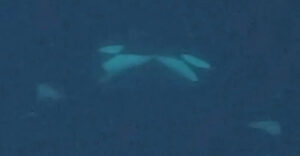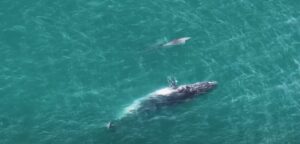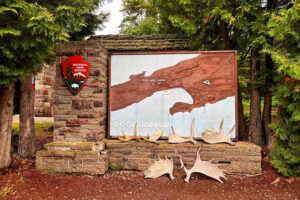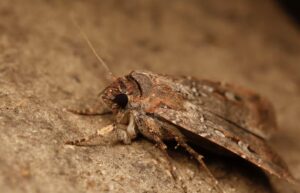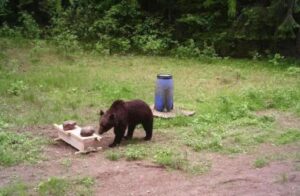A muskox killed an Alaskan State Trooper Court Services Officer near his home in Nome, Alaska, on Dec. 14, according to the Alaska Department of Public Safety.
Officer Curtis Worland was attempting to “haze away a group of muskox from near his dog kennel at home” when the attack occurred, the release said.
Alaskan Public Media (APM) reported that Worland was using his snowmobile to frighten the muskoxen when one of the animals charged and fatally wounded him. APM also reported that Worland fired his duty weapon several times.
First responders declared Worland dead at the scene.
Troopers say Curtis Worland was trying to haze a group of muskox away from his dog kennel on Tuesday when one of the muskox attacked.https://t.co/uaMnbxAEvr
— Alaska Public Media News (@AKpublicnews) December 14, 2022
Dog vs. muskox
An iconic arctic species that survived the end of the Pleistocene, muskoxen vanished from Alaska by the mid-19th century. They were then re-established in the mid-20th century throughout the state. Viable muskoxen populations thrive in four areas around Alaska, of which Nome is one.

Muskox bulls can become aggressive during the rutting season. Photo: Jerry Kobalenko
“If only one predator is present, muskoxen form a defensive line,” the National Park Service wrote in a blog post. “This behavior allows the group to stand its ground and fight off threats rather than expend more energy by running away.”
Wolves are the muskox’s primary predator. The Park Service notes that this enmity leads muskoxen to view dogs as threats. As a result, muskox/dog confrontations in Alaska and elsewhere are not uncommon.
Close calls in Nome
In 2014, Nome experienced a rash of muskoxen attacks on dogs and people, according to Alaskan Public Media.
Nome resident Helena Oxereok had a frightening encounter when a bull charged her dog, ignoring yells and warning rifle shots from Oxereok’s brother Randy.
“It didn’t even budge!” Oxereok told the outlet. “It just looked at my brother like nothing happened. Then it started chasing my dog Sam again.”
Randy Oxereok eventually had to shoot the animal to prevent it from killing the dog.

Muskoxen often react aggressively to dogs, since wolves are their primary wild predator. Photo: Shutterstock
Three years later, Nome again experienced a spate of muskoxen attacks on sled dogs. APM reported at least four attacks in five months, resulting in the death of one dog.
“At 4 pm I was at work, and I got a call from my son, saying, ‘Hurry, you need to get home, the muskox are all over our place, and they have attacked our dog Bart and I don’t think she’s going to make it,’” a Nome resident named Vickie Erickson told APM at the time.
Attacks on humans?
Fatal muskoxen attacks on humans are extremely rare, though there have been close calls. In 2015, a muskox in Norway injured a German tourist in his 70s.
ExplorersWeb editor Jerry Kobalenko wrote about two different attacks in his book The Horizontal Everest: Extreme Journeys on Ellesmere Island:
A German tourist on Ellesmere Island approached one animal too closely and was struck from behind. He wasn’t seriously hurt, but the vibrations from the impact knocked all the fillings out of his teeth. A biologist was charged by one bull, which somehow hooked a horn under the man’s boot, then flipped him twenty feet in the air with a toss of its head. He did a double somersault and crashed unhurt – right at the muskox’s feet. It glared down at him, then walked away.”
Aside from the Dec. 14 incident involving Officer Worland, the only other “recent” fatal muskox attack on record occurred in 1964, when an animal attacked and killed a Norwegian farmer named Ole P. Stølen.

